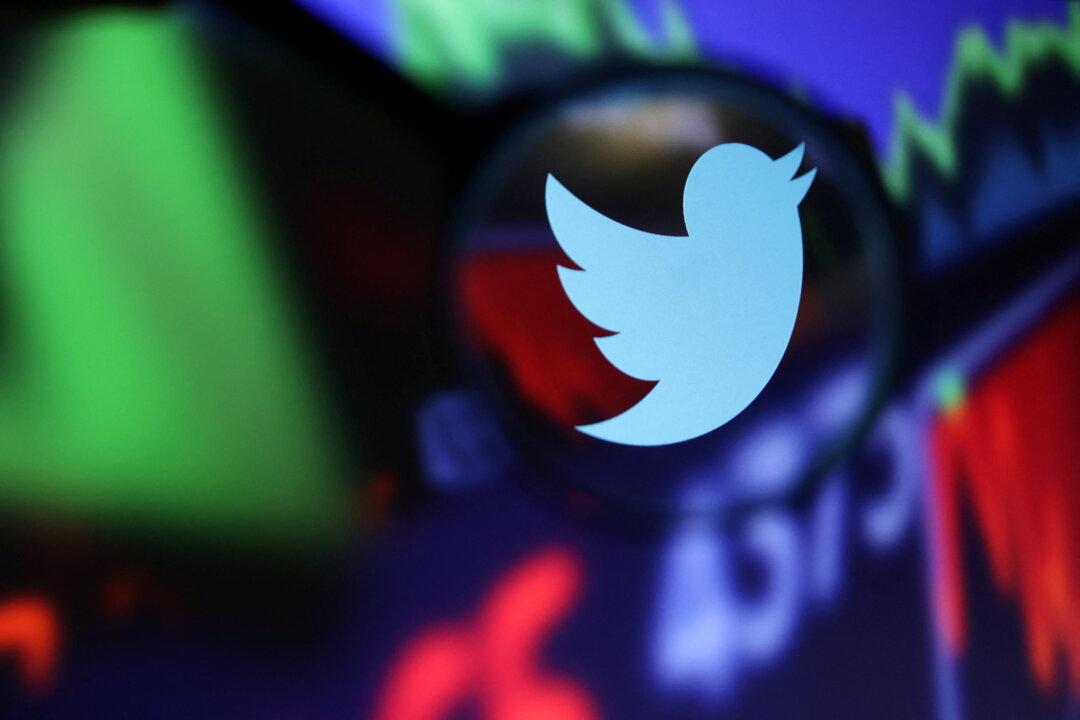Following last month’s expansion of Twitter’s crowdsourced “fact-checking” program known as Birdwatch, content monitors will now be able to leave publicly visible notes regarding tweets, according to a recent announcement from the social media platform.
“Context on Tweets—by the people, for the people—is coming to everyone in the US. It’s open, transparent, and we’ve consistently seen notes be found helpful and informative even by people who often disagree,” said the company in an Oct. 6 tweet. Notes will be visible to all participating members of the Birdwatch program in the country. Birdwatch had around 15,000 contributors during the pilot testing phase, with plans to add around 1,000 more per week.





